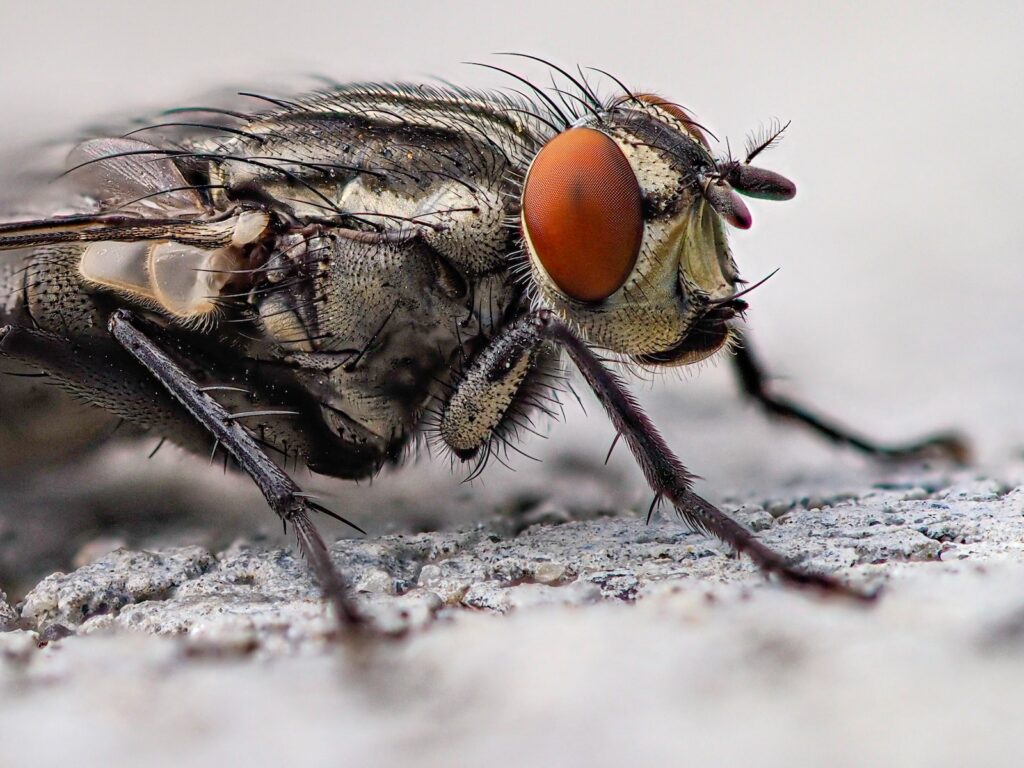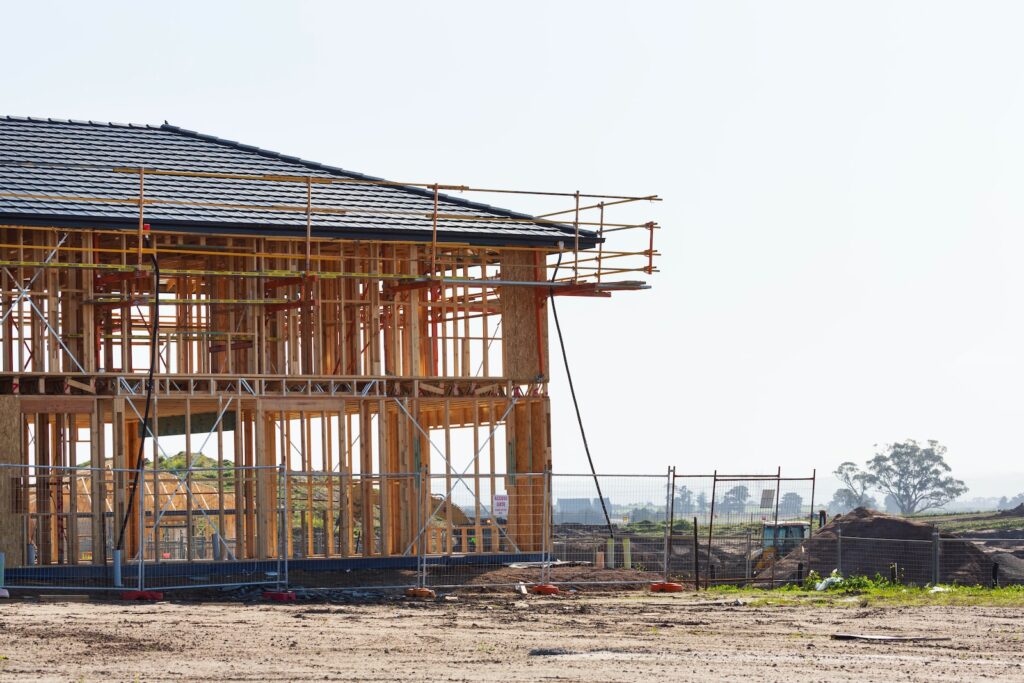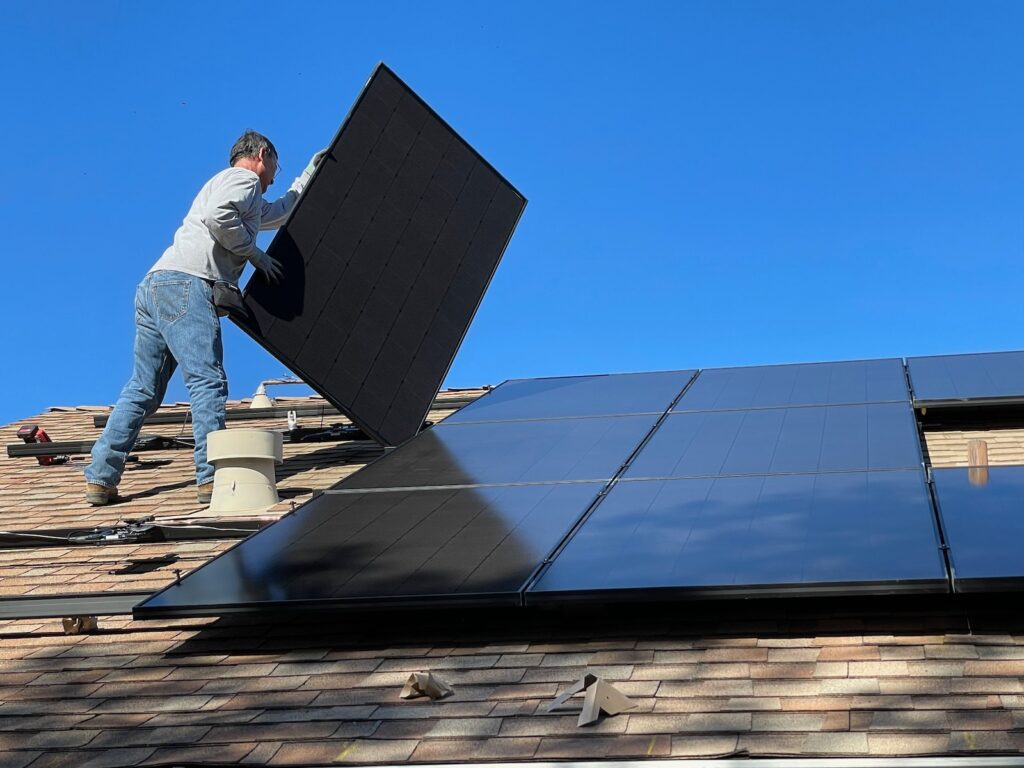The UK’s minister for air quality Rory Stewart has this week raised concerns about proposed European emissions ceilings for ammonia pollution at the EU Council, while urging for effective real-world engine test procedures to combat diesel emissions.
Defra’s minister for air quality Rory Stewart speaking during the EU Council meeting on June 15 (Image: European Council of the EU)The newly-appointed Defra minister said that although he was “very, very supportive of the overall ambitions” of the legislation — namely to reduce the number of premature deaths from air pollution by 52% by 2030 — he had “some specific concerns about ammonia, nitrogen oxide and particulates”.
His comments came during a policy debate held by the European Council on Monday (June 15) on updating air pollution limits in the National Emissions Ceilings (NEC) Directive, after which environmental groups claimed politicians were attempting to water down the legislation.
The European Environment Bureau (EEB) claims that around 90% of ammonia (NH3) and 40% of methane (CH4) emissions derive from the agricultural sector through activities such as livestock digestion, synthetic fertilisers, and manure spreading and storage — and therefore need ambitious pollution limits.
The Directive is part of the Clean Air Programme for Europe, which seeks to address various health risks and environmental effects caused by air pollution, and will ensure that EU law is fully in line with new international commitments by 2020.
Speaking at the debate, Mr Stewart firstly said that air quality was “an incredibly serious issue and on behalf of the UK we are very grateful for the work and the effort that the European Commission has put into keeping us serious and keeping us honest on this”.
He then moved to agree with a number of other Member States in stating that he was “very grateful that methane has been removed from the presidency text, because it’s already regulated by climate change policy, and we see no sense in duplicating the legislation”.
And, regards to ammonia, Mr Stewart said the UK was “passionate about sustainable and environmentally-aware agriculture” but suggested he was concerned about the impact on the UK diary industry of heavily regulating the pollutant.
He explained:
“We’re a keen milk-producing nation, and we have some constraints around our own environmental policy, particularly towards the dairy industry and the ceilings that you are proposing around ammonia.”
However, the Defra minister also said nitrogen dioxide reductions were dependent on the success of Euro 6 engine regulations for diesel vehicles coming into force this September, and highlighted the need for effective real-world driving test procedures currently under discussion at EU level.
He said: “I am personally disappointed that although we pushed hard last month to change the test procedures for those engines, we weren’t successful, and we are very much looking forward to other Member States coming forward with proposed dates for when we can get better engines in place. I do however believe we can iron out those issues and also work on particulate matters.”
European Commission view
Several other Member States also voiced their view that methane should be removed from the NEC Directive to avoid duplication, and a number — including Poland and Romania — also suggested that proposed emissions reduction targets for 2025 and 2030 should not be binding at all, but merely indicative.
However, Environment Commissioner Karmenu Vella, disagreed that including methane in the NEC Directive would mean double regulation arguing that climate and air quality are two separate policy areas.
He told Council members at the meeting: “I would urge you to consider alternatives to deletion [of methane], fully taking into account synergies with our climate policies as well.”
Commissioner Vella also reacted strongly to calls for targets to be made indicative rather than binding, stating that this would “essentially deprive the policy of its content”.
Karmenu Vella – European Commissioner for the Environment, Maritime Affairs and FisheriesHe said:
“There would simply be no point in having it [legislative targets]. A much better approach is to work together on addressing legitimate concerns by clearly defined and tightly constrained positions on flexibility, in particular for dealing with exceptional circumstances. I would encourage all the delegates to focus their attention in that direction.”
And, addressing economic concerns, the Commissioner was also adamant: “On repeated calls to balance our air quality ambition with economic growth, let me remind everyone that air policy has a long tradition and it has shown repeatedly that decoupling economic growth with air pollution is possible without harming growth…”
However, he said that the “door is not closed” to Member States wishing to detail specific concerns and issues to the Commission by the end of the summer, but he said: “You will appreciate that we do not wish to be stuck in a perpetual cycle of analysis.”
Nevertheless, concluding the meeting, Commissioner Vella remained optimistic satisfactory solutions could be made by the end of the year towards a first reading on new NEC legislation “with only a very minor deviation from the central health goal” of a 52% reduction in the number of premature deaths.
Environmental groups
The European Environment Bureau (EEB), which represents 140 environmental organisations in Europe, said environment ministers at the Council meeting “spent much of it pushing for different kinds of flexibility schemes in case they do not meet them”.
Louise Duprez, EEB’s senior policy officer for air pollution, said: “EU ministers seem to be more interested in the number of ‘get-out-of-jail-free’ cards they receive than in solving the problem of air pollution. Providing flexibilities and only indicative targets would constitute a death-blow to the long-term fight against air pollution.”
She added: “The farmers’ lobby is doing everything it can to remove emission limits which would make farming more sustainable and our air cleaner. What is so special about agriculture that doesn’t apply to sectors like cars or heating installations? Agriculture must deliver emission reductions just like everybody else.”







